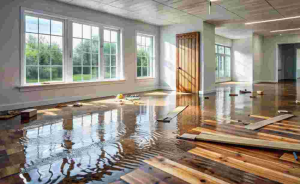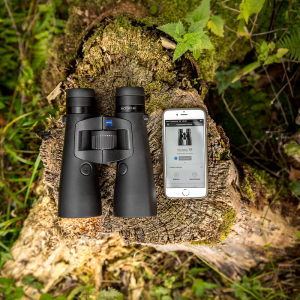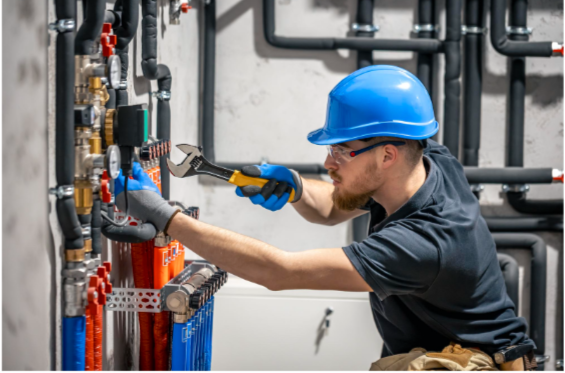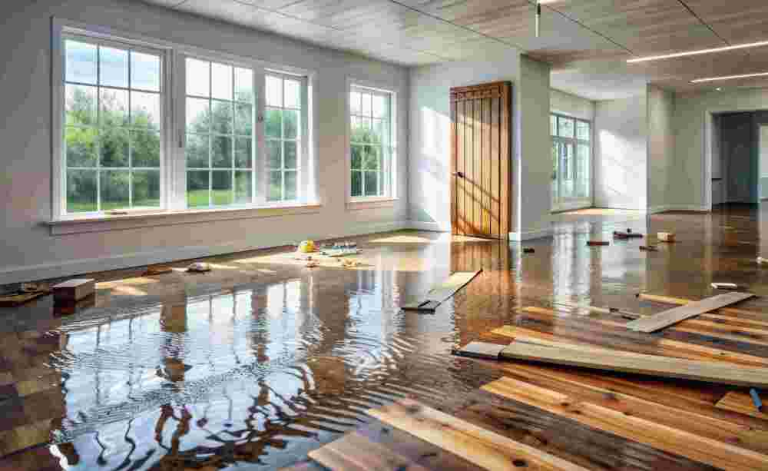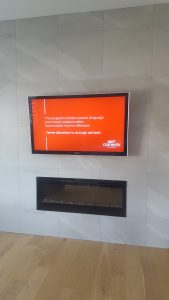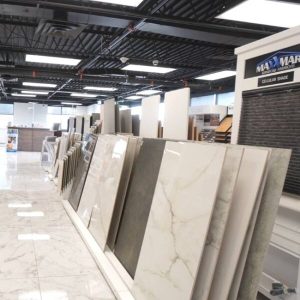Flooring services are often a great place to start if you plan to give your home a fresh look. Whether swapping out old carpet for hardwood or installing luxury vinyl in your kitchen, it’s important to know how much the project will cost.
The average flooring services cost varies between 4 and 15 dollars per square foot, depending on the flooring system, labor, and even the place a floor is installed. Other factors, such as the size of the room, a complex structure, repairs under the floor, elimination of the old finish, and some of the complementary items, also affect the final cost. Detailed estimates can be used to prevent surprises and to plan a budget successfully.
General Flooring Installation Costs
New flooring installation costs range between $4 and $15 per square foot. This includes both material and labor. For a rough idea:
- A 200 sq ft room could cost $800–$3,000.
- A 500 sq ft area runs about $2,000–$7,500.
- A larger 1,000 sq ft space might be $4,000–$15,000.
Costs can vary sharply, so learning what causes these differences is wise.
Key Factors That Affect the Cost of Flooring Services
Every flooring project is unique. The final price you pay will depend on several things. Here are some key cost drivers:
Material Type & Quality
The greatest contributor to the cost of flooring is the kind of material you use.
- Hardwood is moderately expensive.
- Laminate and vinyl are not as expensive, yet attractive.
- Tile is strong, smooth-looking, and difficult to install.
- Carpet is affordable and soft underfoot but may need to be replaced more often than other options..
The quality of the material also matters. Brands with better quality and finishes will be more expensive.
Labor & Region
Labor is the second-largest factor. Professional flooring installers typically charge based on the area’s size and the work’s complexity.
Where you live also matters. Flooring services will cost more in large cities or areas where living costs more. For instance, tile installation in New York City will likely cost more than tile installation in a small Midwestern town.
Room Size & Layout Complexity
It’s simple: the larger the room, the more expensive it is. However, size is just one factor. The shape and layout of the room can also impact the final price.
A plain square room is easy, but a room with many corners, inlays, or irregular shapes will cost more time. More time equates to more labor cost, which equals your additional bill.
Subfloor Preparation & Repairs
The subfloor, which is the underlying floor of the new flooring, must be clean, level, and solid before installation.
If your subfloor is damaged or not level, your contractor might require fixing it. This can range from minor repairs to replacing whole sections. It can cost a couple of hundred dollars in addition to what you expect your project to cost.
Removal & Disposal of Existing Flooring
Do you already have carpet, tile, or wood floors that will need to be removed? Don’t forget to factor in the cost of removing and disposing of your existing flooring.
Removal will cost $1 to $3 per square foot. It will be more costly if your existing floor is glued down or contains asbestos.
Underlayment, Padding & Accessories
Some flooring materials need extra layers for comfort, insulation, or soundproofing.
- Laminate and vinyl are complemented with underlayment.
- Padding is necessary in most carpet installations.
These materials are not very expensive but contribute to your budget. However, you will also require new transitions, adhesives, or baseboards, increasing the overall cost.
Additional & Hidden Costs
Besides the obvious costs, a few extra charges might surprise you:
- Moving furniture: Installers may charge to move large items out of the room.
- Custom cutting: Floors that need custom shapes or staircases can cost more.
- Moisture barriers: You may need a vapor barrier in an unfinished basement or bathroom.
Ask your contractor for a detailed estimate upfront to avoid unexpected charges later.
Average Cost Estimates by Flooring Type (Per Square Foot)
Here’s a clear, easy-to-scan table showing typical installed costs:
| Flooring Type | Material Cost (per sq ft) | Installation Cost (per sq ft) | Total Cost Range (per sq ft) |
| Carpet Installation | $2.00 – $5.00 | $1.50 – $3.00 | $3.50 – $8.00 |
| Hardwood Flooring | $5.00 – $10.00 | $4.00 – $8.00 | $9.00 – $18.00 |
| Laminate Flooring | $1.50 – $3.00 | $2.00 – $4.00 | $3.50 – $7.00 |
| LVP | $2.50 – $5.00 | $2.00 – $4.00 | $4.50 – $9.00 |
| Epoxy Flooring | $3.00 – $7.00 | $3.00 – $7.00 | $6.00 – $14.00 |
| Resilient Plank | $2.00 – $4.50 | $1.50 – $3.50 | $3.50 – $8.00 |
| Concrete Coating | $2.00 – $5.00 | $3.00 – $6.00 | $5.00 – $11.00 |
| Sport Flooring | $4.00 – $10.00 | $3.00 – $6.00 | $7.00 – $16.00 |
| Vinyl Composite | $1.50 – $3.00 | $2.00 – $3.50 | $3.50 – $6.50 |
| Carpet Tile | $2.00 – $4.00 | $1.50 – $3.00 | $3.50 – $7.00 |
These ranges cover the majority of residential projects.
Conclusion
Flooring installation costs vary widely, typically between $4 and $15 per square foot, depending on material, labor, and project complexity. Factors influencing the price include material choice, room size, layout, subfloor repairs, and regional labor rates. Additional flooring services expenses like removal, accessories, and hidden costs should also be considered. Getting detailed estimates and understanding these factors will help you budget effectively and ensure a successful flooring project that meets your needs and budget.



